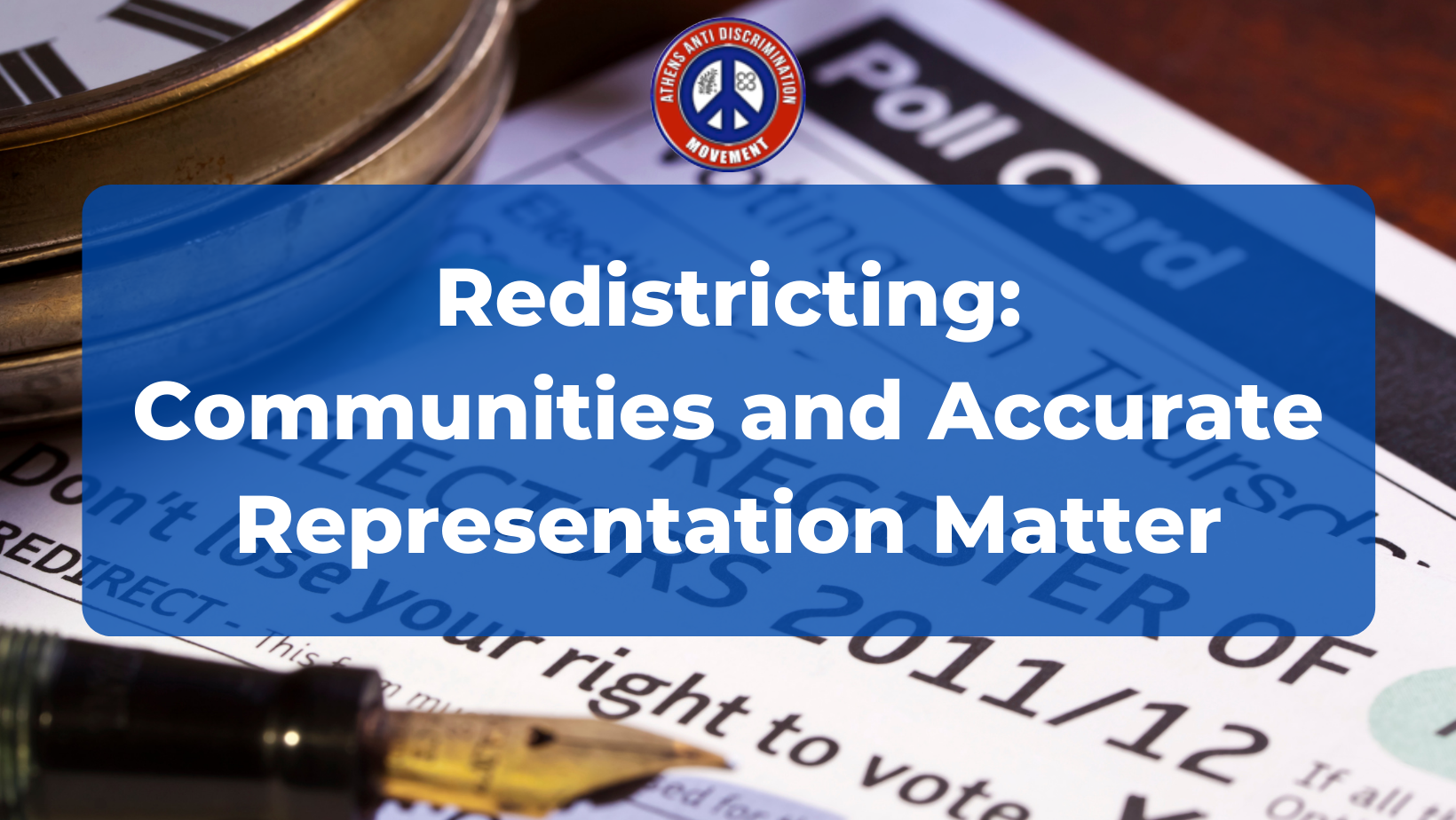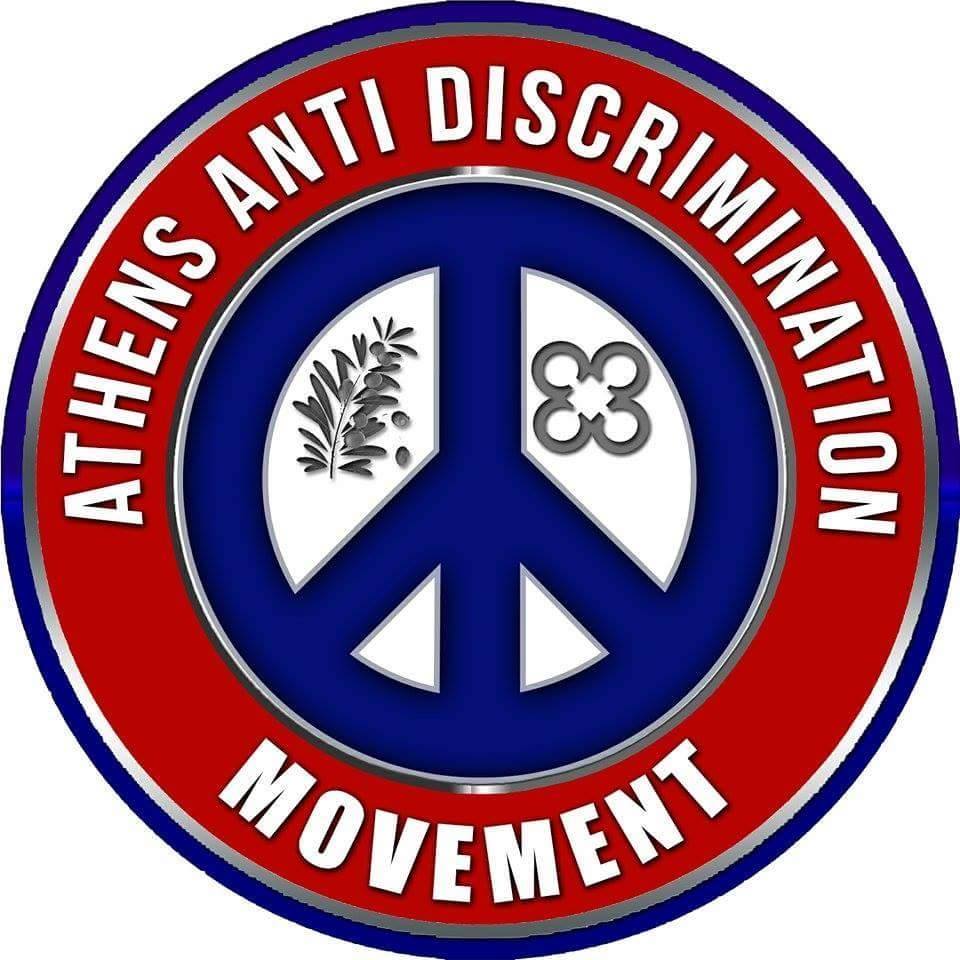
Written by Raiana Kelly, AADM Contributing Writer
July 26, 2021
Redistricting: Communities and Accurate Representation Matter
This year, in advance of the 2022 elections, the Georgia legislature will be redrawing the district boundaries for Congress, the state House, and the state Senate. You may have heard about or even attended a public hearing about redistricting in Georgia, but what exactly does it mean?
According to Ballotpedia, redistricting is the “process of drawing new congressional and state legislative boundaries.” This occurs every ten years after the United States census to ensure that each district has an equal population and accurately represents demographic changes; it’s meant to ensure fair and equal representation of the people for the next decade. On paper, this sounds like a great system.
However, Georgia state legislators participate in drawing districts and congressional boundaries, which creates a conflict of interest. In many cases, they manipulate the districts and divide communities to give themselves the best political advantage for the next ten years. When legislators draw the new district maps to their advantage, this is known as gerrymandering, and it effectively reduces competition in elections and the power of a community’s vote.
According to a report by Michael C. Li, one of the nation’s leading experts on redistricting and gerrymandering, the 2021 and 2022 redistricting will be particularly harmful to communities of color, and Georgia is a very high risk state for gerrymandering due to single-party control of the process and fast growth and demographic change.
Communities of color often face outright discrimination or are used as a tool for an unfair partisan advantage, and Athens is not unaffected by this. In 2011, when the nation saw the most gerrymandered and racially discriminatory maps in history, Clarke County, the smallest county in the state, was split into two Congressional districts. As a result, Athens has been represented by people that don’t even live in our communities and thus have no personal interest in our needs.
Athens Anti-Discrimination Movement (AADM) co-founder, Mokah-Jasmine Johnson, submitted a written statement, and several of the AADM members spoke at the public redistricting hearing on July 6th. Johnson stated that “when our community gets split into three state House districts, two state Senate districts, and two Congressional districts, we know why that’s happening. They’re trying to divide us up so that we will be less powerful.” Johnson asked the lawmakers to draw the maps in a way that gives us the power to elect representatives that truly represent our communities and stressed the need for proper representation of our 28% Black population.
Many other attendees spoke about wanting the process to be independent, transparent, and fair. This sentiment has been repeated across the country as advocacy and grassroots groups fight to change redistricting processes. Instead of allowing lawmakers and governors to draw their own maps, some states have given the job to special independent commissions or made other changes in an effort to reduce partisan gerrymandering. As a state at very high risk for partisan gerrymandering, Georgia needs similar redistricting reforms. When redistricting occurs, the goal should always be to reflect the sentiment of the voters and keep communities together.
If you missed the public hearings and want to voice your thoughts, citizens can still submit written testimonies here.
